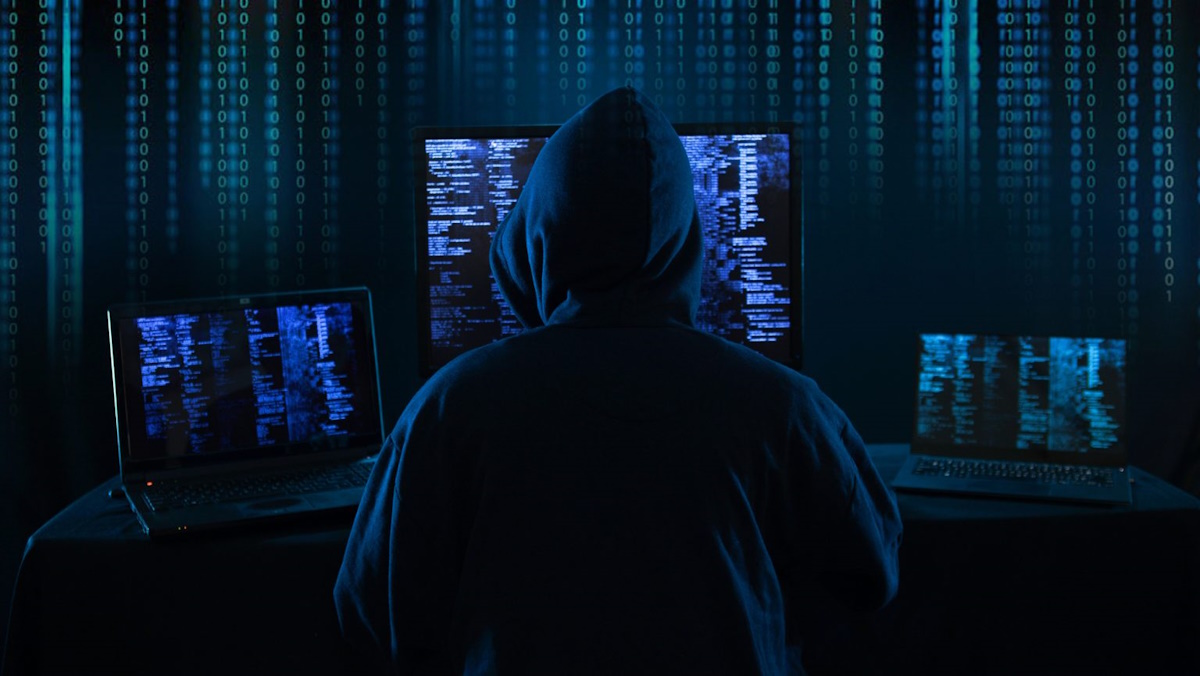In today’s dynamic cyber environment, less than half of Singapore’s cybersecurity professionals feel confident in their ability to detect deepfake attacks, according to a recent report by Bitdefender, a cybersecurity firm.
The report underscores significant challenges arising from AI-assisted social engineering attacks, which are emerging as a predominant threat, posing considerable risks to organizations across Singapore.
Findings reveal that only 49% of IT and security teams believe they can effectively identify cyber attacks involving deepfakes, highlighting a critical gap in defensive capabilities.
Deepfakes, manipulated media that convincingly mimic real individuals, are increasingly utilized to deceive and manipulate organizations. This underscores a pressing need for enhanced training and tools to combat such sophisticated threats.
Over the past year, more than half of Singaporean organizations (57%) reported experiencing data breaches or leaks, a notable increase compared to previous years. Despite this rise, Singapore maintains the lowest global volume of data breaches, signaling progress but also persistent vulnerabilities.
The report identifies phishing and social engineering (38.5%), ransomware (33.5%), insider threats (33.5%), and software vulnerabilities or zero-days (33.5%) as the leading cybersecurity threats faced by Singaporean entities. These findings reflect a diverse array of attack vectors, highlighting the multifaceted challenges in the current threat landscape.
Managing cloud environments presents significant obstacles as well. Half of the respondents cited challenges with identity access management and maintaining cloud compliance as primary concerns.
Moreover, only 50% of organizations conduct regular audits and assessments of their cloud infrastructure, indicating a need for enhanced cloud security practices.
In response to the escalating threat landscape, nearly all (97%) of Singapore’s cybersecurity professionals intend to increase investment in proactive measures such as penetration testing and red teaming. This strategic shift demonstrates a proactive approach to fortifying defenses against increasingly sophisticated cyber threats.
Paul Hadjy, Vice President of APAC and Cyber Security Services at Bitdefender, emphasized, “We are witnessing an escalation in attacks in terms of volume, attack surface diversity, and sophistication, particularly those leveraging AI. Singaporean companies must adopt advanced cybersecurity solutions and focus on recruiting and managing skilled talent to effectively combat these threats.”
As cybersecurity threats evolve, the report underscores the urgency for Singaporean organizations to enhance their defensive strategies, particularly against AI-driven threats like deepfakes. Emphasizing proactive measures and talent development will be crucial in navigating the complexities of the modern cyber threat landscape.
Source: theindependent.sg














Got a Questions?
Find us on Socials or Contact us and we’ll get back to you as soon as possible.